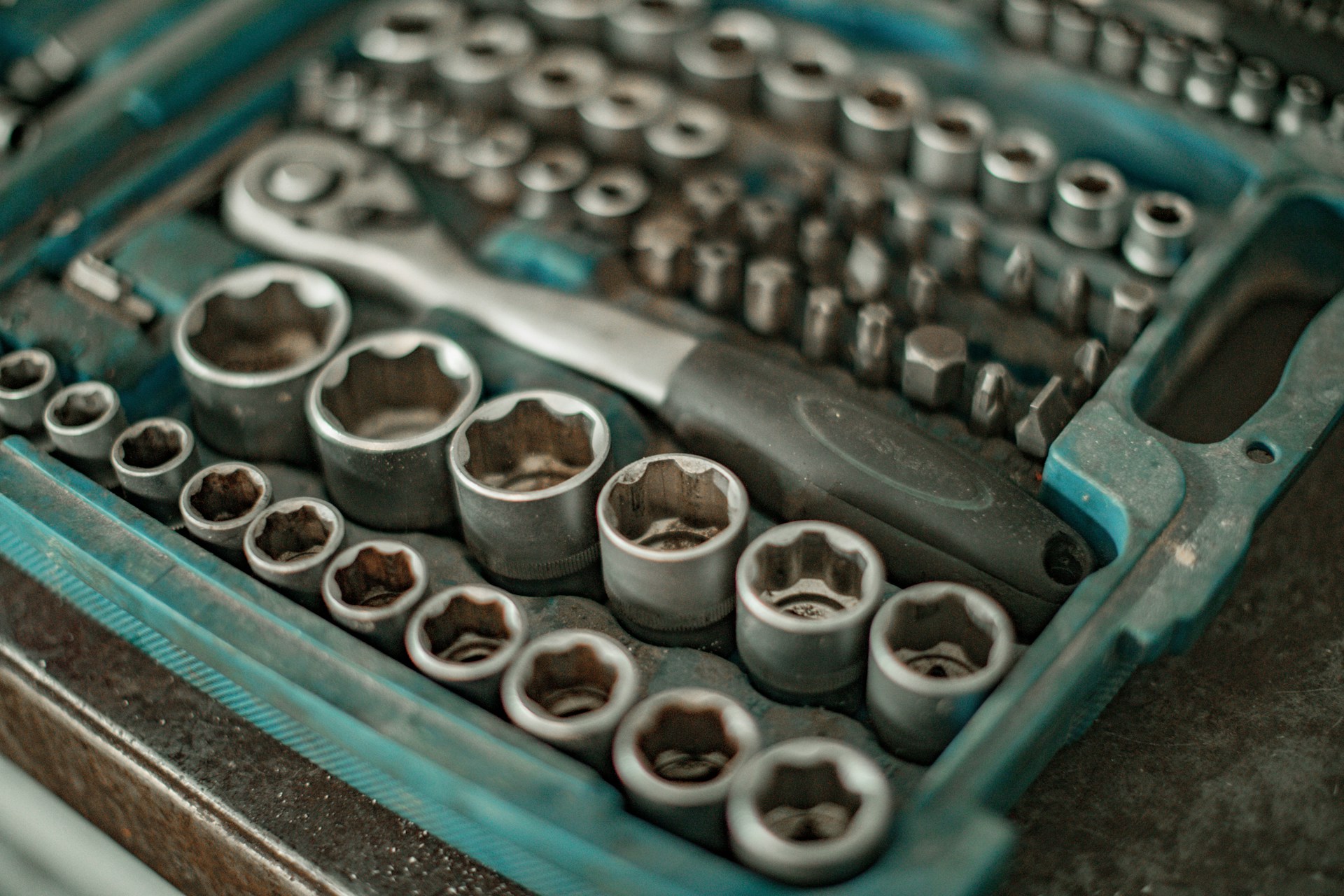What is a Mechanic?
A mechanic is a skilled professional who works with machines and engines, particularly those found in vehicles like cars, trucks, motorcycles, and other equipment. Mechanics diagnose, repair, and maintain mechanical components to ensure proper functionality and safety. Their expertise spans different industries, including automotive, industrial, and even aviation.
Types of Mechanics
There are various specializations within the field of mechanics, each focusing on specific types of machinery or industries:
- Automotive Mechanic
- Specializes in the maintenance and repair of cars and light trucks.
- Tasks include engine diagnostics, brake repairs, electrical system fixes, and general vehicle maintenance such as oil changes and tire rotations.
- Diesel Mechanic
- Works on diesel-powered vehicles, including buses, trucks, and industrial machinery.
- Handles engine repairs, fuel system issues, and performs heavy equipment maintenance.
- Aircraft Mechanic
- Responsible for inspecting, repairing, and maintaining aircraft components.
- Requires specialized training and certification to work on aviation systems and engines.
- Industrial Machinery Mechanic
- Works on large machinery used in manufacturing and production facilities.
- Focuses on troubleshooting, repairing, and maintaining mechanical equipment such as conveyor belts, pumps, and production machines.
- Motorcycle Mechanic
- Specializes in diagnosing and repairing motorcycles, scooters, and other small-engine vehicles.
- Involves working on engines, electrical systems, and performance enhancements.
Key Responsibilities of a Mechanic
Mechanics perform a variety of tasks to ensure machines and vehicles run efficiently:
- Diagnostics and Troubleshooting
Identifying mechanical issues using specialized diagnostic equipment or manual inspection to determine the cause of a malfunction. - Repair and Replacement of Parts
Repairing faulty components or replacing them with new parts, such as brakes, belts, engine parts, or suspension systems. - Routine Maintenance
Conducting regular checks and maintenance to prevent breakdowns, including oil changes, tire rotations, and fluid checks. - Testing and Quality Assurance
Testing the machinery or vehicles after repairs to ensure they meet safety and operational standards.
Skills Required for a Mechanic
Successful mechanics need a variety of skills, including:
- Technical Knowledge
A deep understanding of mechanical systems, engines, and tools is essential. - Problem-Solving Abilities
Mechanics must diagnose problems accurately and find efficient solutions. - Manual Dexterity
Since mechanics often work with small parts and tools, good hand-eye coordination is crucial. - Attention to Detail
Ensuring all repairs and maintenance tasks are done correctly and safely.
Training and Certification
Becoming a mechanic usually requires:
- Technical Education
Many mechanics start with a vocational school or community college program in automotive technology or a related field. - Certification
Some positions require certification, such as the Automotive Service Excellence (ASE) certification for automotive mechanics or a Federal Aviation Administration (FAA) license for aircraft mechanics. - Apprenticeships
Gaining practical experience through internships or apprenticeships is often necessary to develop hands-on skills.
Work Environment
Mechanics work in various settings, including:
- Repair Shops and Garages
Common workplaces for automotive mechanics, involving both indoor and outdoor work. - Dealerships
Often employ mechanics to handle warranty repairs and maintenance for specific vehicle brands. - Factories and Industrial Plants
Industrial mechanics may work in manufacturing environments to keep machinery running smoothly. - Airports and Hangars
Aircraft mechanics typically work in hangars or at airports where they have access to specialized tools.
The Importance of Mechanics
Mechanics play a crucial role in maintaining the safety and functionality of vehicles and equipment. Their work ensures that machines operate efficiently, preventing accidents and costly breakdowns, and they are vital in sectors ranging from transportation to manufacturing.
Challenges Faced by Mechanics
Mechanics often face challenges such as:
- Physical Demands
The job involves heavy lifting, awkward positions, and exposure to noise and hazardous materials. - Technological Advancements
Staying updated with new technology, such as electric vehicles and computerized diagnostics, is essential.
Conclusion
Mechanics are essential professionals who keep vehicles and machinery running smoothly across various industries. With specialized skills and training, they diagnose, repair, and maintain mechanical systems to ensure safety, efficiency, and reliability.



